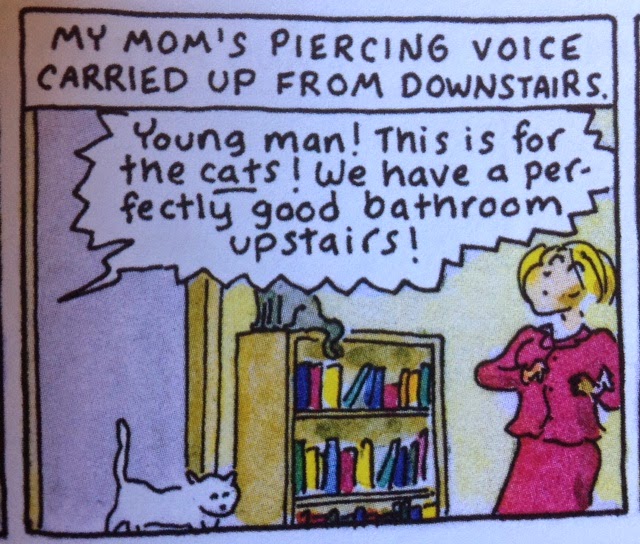 Last week, when it was announced that Donna Tartt's The Goldfinch won a Pulitzer Prize, someone on Twitter called it The Goldfish. I chuckled over the mistake, and then -- on the same day -- I tweeted that I'd started reading Prairie Oyster when I meant Prairie Ostrich. I'm such a dimwit!
Last week, when it was announced that Donna Tartt's The Goldfinch won a Pulitzer Prize, someone on Twitter called it The Goldfish. I chuckled over the mistake, and then -- on the same day -- I tweeted that I'd started reading Prairie Oyster when I meant Prairie Ostrich. I'm such a dimwit!Earlier this week, I reminded the CanLit Book Club members about our upcoming discussion of Emma Donoghue's Away on April 23 at the library. Oops! Fortunately, everyone was already in possession of the correct book: Astray. (Come to think of it, Jane Urquhart's Away would be an excellent book group choice.)
Let me get back to Prairie Ostrich, that quietly gorgeous novel by Tamai Kobayashi. It's set on an ostrich farm in southern Alberta in 1974. The Murakami family is struggling to recover from the recent death of the eldest child, Albert. Mrs. Murakami is drowning her sorrow in alcohol and Mr. Murakami has moved into the barn. Eight-year-old Egg is being bullied at school. Kathy, who is in her final year of high school and in love with another girl, tries to protect her little sister and hold her family together.
The story is told in close third-person, from Egg's viewpoint.
"All her life, Egg has heard about the three-in-one God, the everything, all-you-can-eat God. God is Great. God is Good. Mrs. MacDonnell says you can see God in a beautiful flower. A flower's a flower. Egg thinks, shouldn't you see God in all flowers and not just the pretty ones? Mrs. MacDonnell says not all prayers get answered and that's just God's Way and then Egg wonders, what is the point?"
Egg is a careful observer with a busy mind. Aside from her family, everyone in their community is white. Where does she belong? "The world holds the big blue whale and the bumblebee bat. That means somewhere, in the middle, there must be a place for her."
Life is painful and this book really made me cry. I loved it to pieces.








